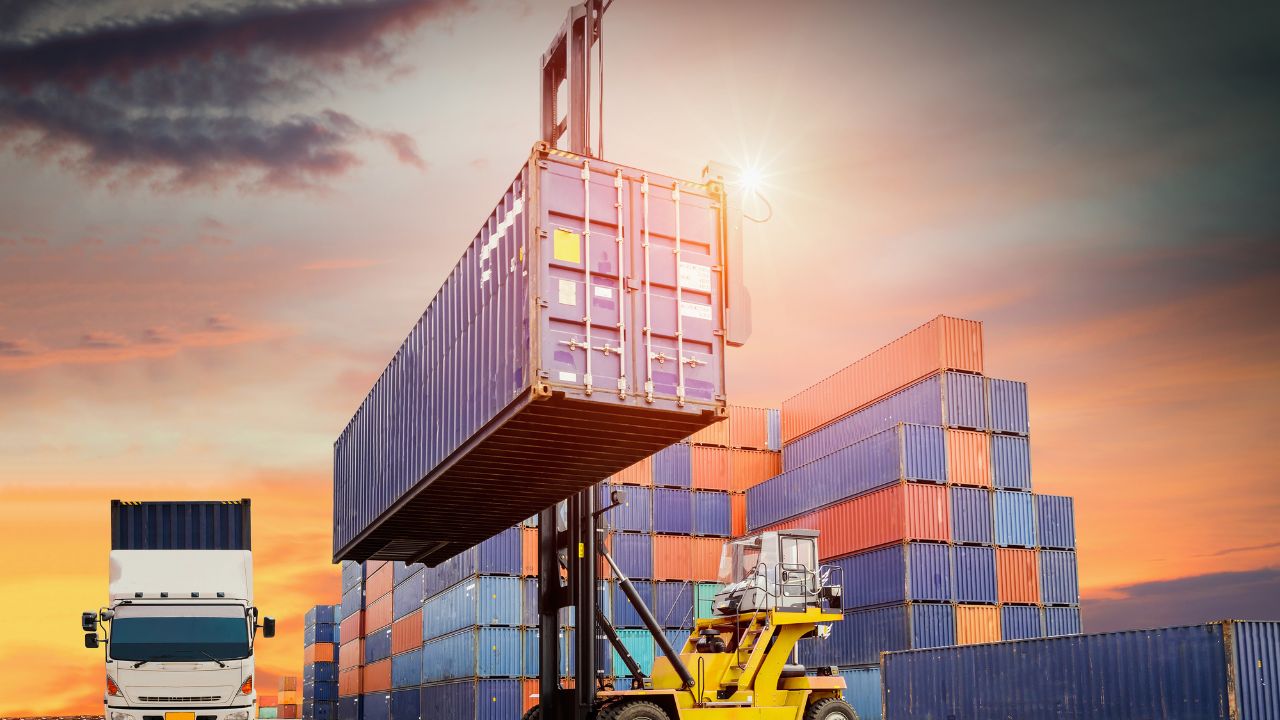The shipping and logistics industry plays a vital role in global trade, bridging the gap between producers and consumers across continents. To support and enhance the industry’s competitiveness, the Government of India introduced various initiatives, among which the Export Promotion Capital Goods (EPCG) License has emerged as a crucial policy. An EPCG License incentivises exporters by allowing them to import capital goods at reduced or zero customs duty. This not only reduces the cost of production but also facilitates the adoption of advanced technology. In this article, we will discuss the top 5 roles that the EPCG License plays in shaping the shipping and logistics industry.
Reduction in Capital Investment for Infrastructure Development
The EPCG License significantly impacts the shipping and logistics industry by reducing the capital investment required for infrastructure development. The logistics industry often requires high-end machinery, vehicles, and handling equipment to streamline operations and enhance productivity. Importing these capital goods from international markets, however, can be a costly affair due to customs duties.
With an EPCG License, companies in the shipping and logistics sector can import necessary equipment at a reduced duty rate, or even zero duty in some cases, provided they meet the export obligations specified by the scheme. This reduction in capital costs makes it feasible for smaller logistics companies to enhance their infrastructure, thereby levelling the playing field and fostering competitiveness within the industry.
Enhancing Operational Efficiency
One of the biggest challenges in the logistics industry is maintaining operational efficiency while managing high volumes of shipments. The EPCG License plays a crucial role in overcoming this challenge. By allowing logistics companies to import advanced machinery, technology, and automation tools, the EPCG License enables them to streamline their operations, reduce manual intervention, and minimize delays.
For instance, with access to automated warehousing systems or specialized handling equipment, companies can improve cargo handling times, reduce human error, and offer better services to their clients. As a result, the industry benefits from enhanced operational efficiency, which is essential in today’s fast-paced and competitive market.
Promoting Technological Advancements
In a technology-driven world, staying competitive often means staying up-to-date with the latest advancements. The EPCG License empowers the shipping and logistics industry to import cutting-edge technologies that are otherwise financially out of reach due to high import duties. With an EPCG License, logistics firms can import state-of-the-art tracking systems, fleet management tools, GPS systems, and automation technologies to keep pace with global trends.
These technologies enable logistics companies to provide real-time tracking, optimize delivery routes, and enhance supply chain management. By fostering the adoption of such advanced solutions, the EPCG License not only helps improve service quality but also pushes the industry toward innovation, further enhancing the competitiveness of Indian logistics companies on a global scale.
Encouraging Export Growth
One of the main objectives of the EPCG License is to encourage export growth by making Indian goods more competitive in international markets. For companies to avail of the benefits of the EPCG License, they must commit to meeting specific export obligations, typically set at six times the duty saved within six years of issuance. This requirement encourages companies in the logistics and shipping sectors to focus on exporting more services and solutions, ultimately contributing to India’s GDP growth.
Furthermore, the reduced costs associated with the EPCG License enable companies to pass on cost benefits to their clients, making Indian exports more competitive. By fostering export-oriented growth, the EPCG License not only strengthens the logistics industry but also contributes to the national economy, reinforcing India’s position as a global trade partner.
Supporting Sustainable Growth and Development
The global logistics and shipping industry is increasingly moving toward sustainable and environmentally friendly practices. The EPCG License supports this shift by making it easier for companies to access eco-friendly equipment and technology from global markets. With reduced or zero duty, logistics companies can invest in sustainable solutions like electric forklifts, energy-efficient warehousing systems, and environmentally-friendly transportation options.
These sustainable advancements not only help companies reduce their carbon footprint but also comply with international environmental standards. By promoting eco-friendly practices, the EPCG License helps the logistics and shipping industry align with global sustainability goals, enhancing the industry’s reputation and making it more attractive to international clients who prioritize environmental responsibility.
Conclusion
The EPCG License has become a transformative policy for the shipping and logistics industry in India, helping it thrive in a competitive global marketplace. By reducing the capital investment required for infrastructure development, enhancing operational efficiency, promoting technological advancements, encouraging export growth, and supporting sustainable practices, the EPCG License plays a critical role in shaping the future of the logistics and shipping sector.
For logistics companies, the benefits of the EPCG License extend beyond cost savings. The scheme opens doors to new opportunities, empowers companies to meet global standards, and strengthens India’s presence in the international trade arena. As the logistics and shipping industry continues to evolve, the EPCG License will remain a valuable tool, fostering growth, innovation, and sustainability for years to come.

